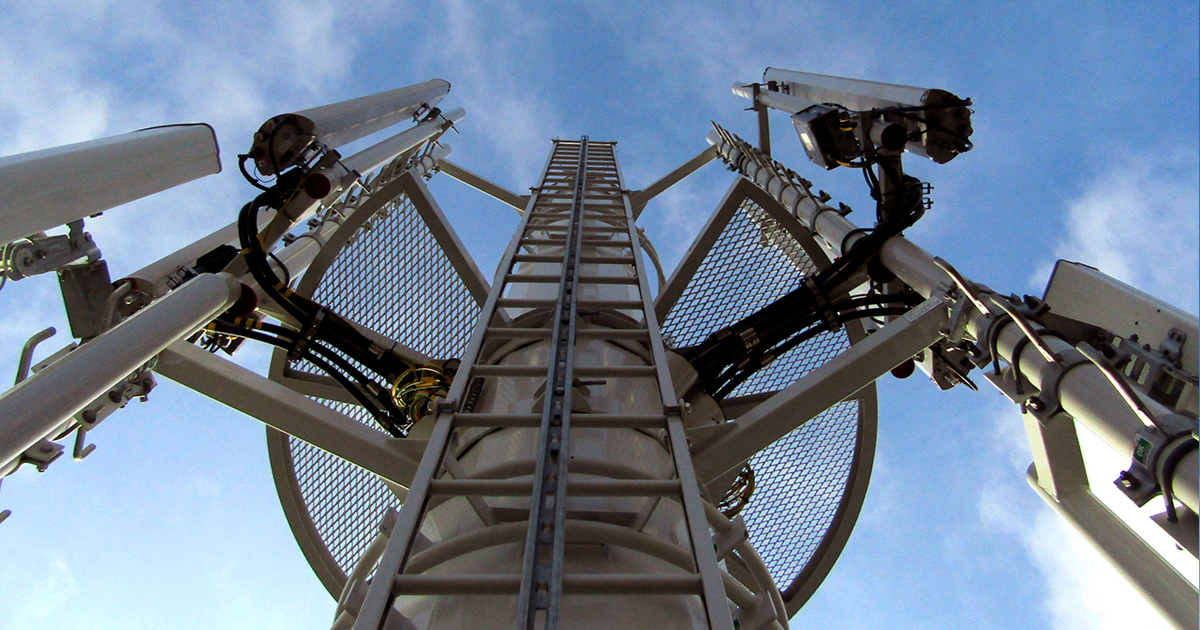Before Proximus drilled into the façades of homeowners without consent, they announced it and offered free interior installation in return.
It’s still a bit off. Easements are supposed to be written into the title of the house and the easements on my street do not include attaching wires to the façade. So IIUC, in principle they should have to install poles or run the cables under the sidewalk.
I can understand they want to save money. But they should need permission at a minimum to drill into façades without an easement. It’s a bit disturbing for a couple reasons:
- Proximus charges a staggering €60+/month for access
- Proximus unlawfully refuses cash payments
Both of those issues ultimately make the service exclusive. That is, many people probably cannot afford €60/month. Unbanked people are also excluded from service. So two groups of people are unreasonably excluded from fiber service yet they must tolerate having cables attached to their house that they cannot use.
Now a new fiber competitor “Digi” (aka “Citymesh”) is drilling into façades to install their own fiber alongside Proximus’ fiber. They made no announcement, warning, or apology. It’s unclear why they cannot simply zip-tie their cable onto other cables.
But what is going on? They say they cannot share Proximus’ cable and that they must run their own. But according to the linked article Digi has a partnership with Proximus. Are they partners or competitors? It could be both, but what’s the bottom line for consumers?
I have no idea if Digi would be cheaper or if they would accept cash, but their website is in Cloudflare’s walled garden so they are unacceptibly exclusive just by that alone. Services that are exclusive should not be able to drill into people’s houses like this.
Found an interesting legal clause that Proximus must be “affordable”:
§ 2. [¹ Proximus]¹ assure la mise à disposition à un prix abordable en ce qui concerne la connexion, le coût des communications et de la redevance, d’une ligne permettant l’interactivité, en vue de fournir un accès à des réseaux de données, notamment Internet, et répondre ainsi aux besoins particuliers des hôpitaux, écoles et bibliothèques publiques.
(en machine translation)
§2. [¹ Proximus]¹ ensures the provision at an affordable price with respect to connection, cost of communications and royalty, of a line allowing interactivity, with a view to providing access to data networks, including the Internet, and thus meeting the special needs of public hospitals, schools and libraries.
I find no law saying that Proximus must be inclusive. They apparently must serve hospitals, schools, and libraries, but they need not serve individuals. I’ve noticed they give discounts to customers who pay electronically but then withhold those discounts from cash payers.
Have you looked at Telenet or Edpnet? Usually cheaper than Proximus
Yeah. At the moment I pay around €8/month for mobile broadband. If I wanted more volume I’d get DSL over copper, like edpnet or united telecom. And if I wanted even more speed and bulk I think Telenet would give the best price. I don’t envision a need for fiber and generally avoid direct Proximus patronage because of their contempt for cash. Worth noting that edpnet and united telecom use Proximus’ copper.



